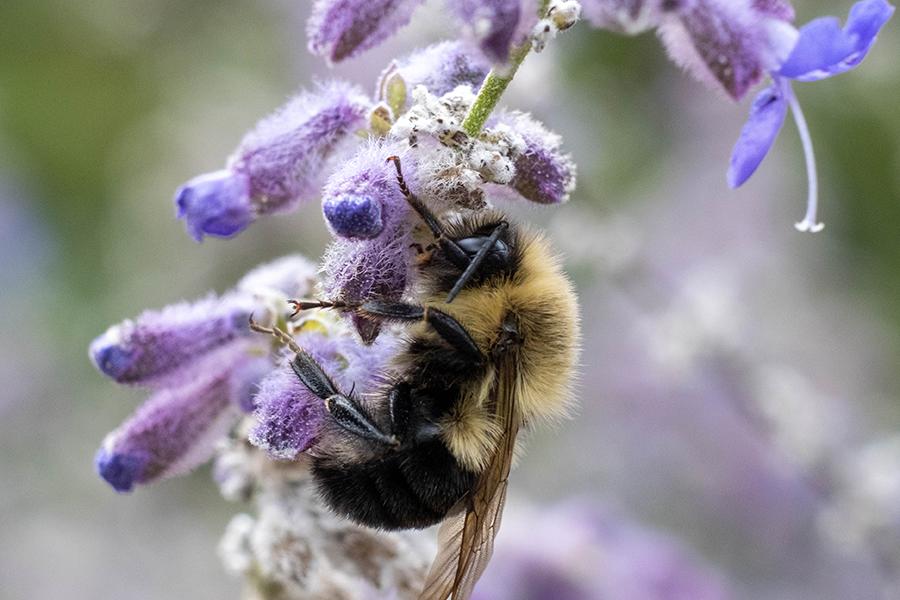Research & Science

Workshop allowed students to use laser engraving tools on denim for unique projects.

91˛Öżâ’s Brain Health Research Institute (BHRI) will be welcoming a bevy of accomplished alumni back to the Kent Campus when it hosts the 10th Annual Neuroscience Symposium on Thursday and Friday, Oct. 27 and 28.

SURE presenters represented the 122 students who participated in the program during summer 2022, an increase of 50 students from the previous year. SURE is sponsored by the Division of Research and Sponsored Programs and the office of President Todd Diacon, as well as several individuals, departments, colleges, institutes and others.

Ye Lu, assistant professor in the College of Aeronautics and Engineering, gives his thoughts on NASA's recent Double Asteroid Redirection Test (DART).

Over half of the described species in the world are insects. Although many people think of insects as pests, they play vital roles and have a big impact on our invaluable ecosystems, as pollinators, helping break down wastes, and as an essential food source for many other organisms.

The 91˛Öżâ community planted more than 100 trees in the Climate Change Grove to help offset the university’s carbon footprint and provide a way to research the effects of climate change in our immediate environments.

Ben Campbell spoke on the topic of how the production of the DHEA/DHEAS and GLUD2 hormones plays a role in brain development in humans and other species, a process known as “adrenarche.”

A substantial amount of time and effort goes into the design of health care environments. In an emergency department, you need optimal conditions to save lives. The Center for Health and Design has awarded Sara Bayramzadeh, assistant professor and Elliot Professor in Health Care Design, the Touchstone Award – Gold Category for conceptual design.

Owning a pet can tell marketers all they need to know about your buying tendencies. In a new study, Lei Jia, assistant professor of marketing and entrepreneurship at 91˛Öżâ, found that pet ownership can influence and predict consumer behavior.

Saying "yes" to everything landed Kathryn Burns in the middle of New Jersey's coastal wetlands